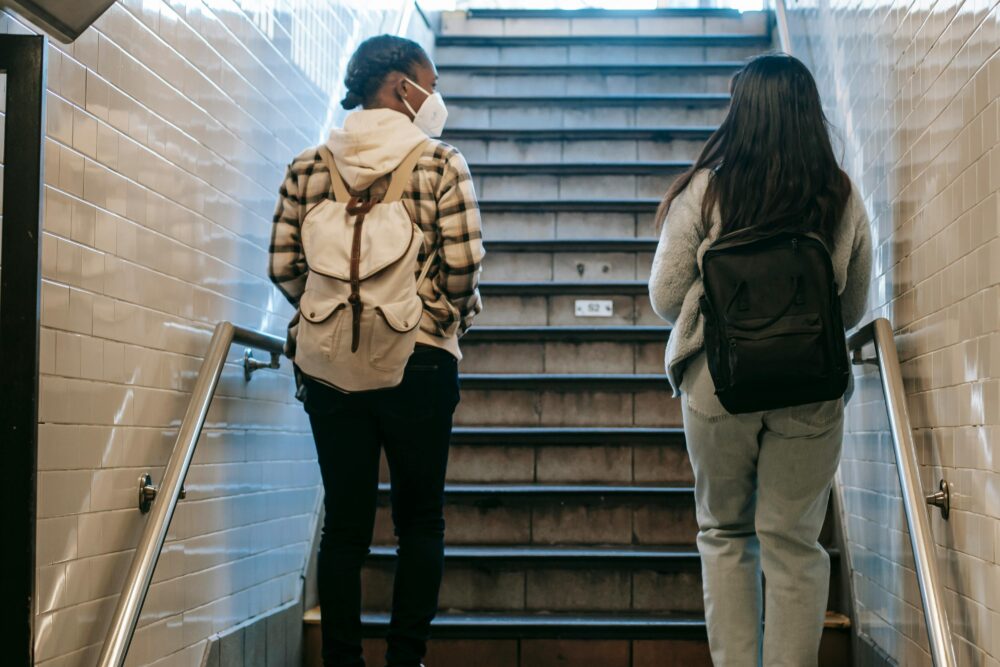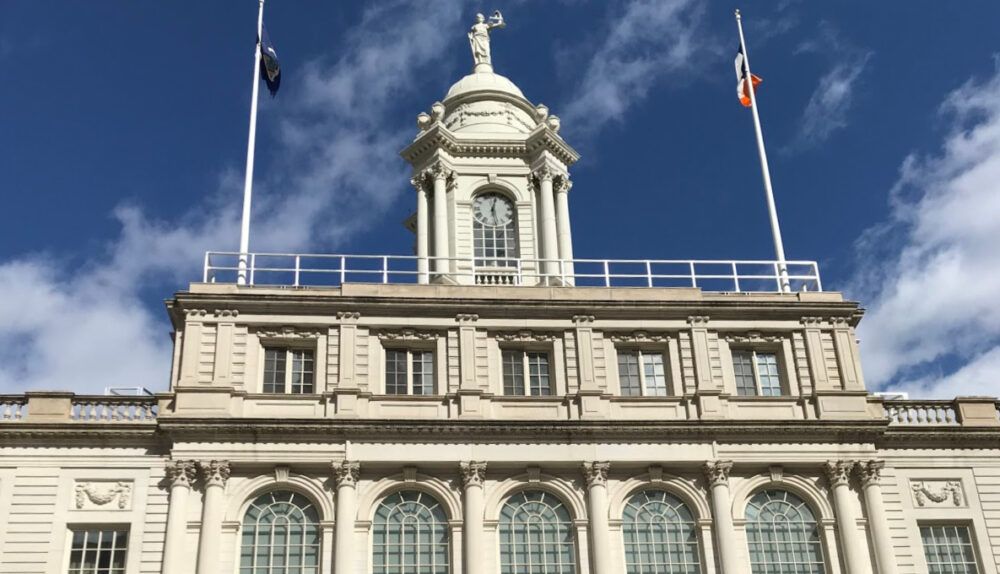AFC Responds to the New York City FY 2022 Budget Agreement
Kim Sweet, Executive Director of Advocates for Children of New York (AFC), issued the following statement in response to the announcement of the Fiscal Year 2022 city budget agreement.

Following 15 months of unprecedented disruption in public education, we are pleased that the final budget includes a number of education investments originally announced in the Mayor’s budget proposal—such as special education services, preschool special education, social workers, and 100% Fair Student Funding—as well as new investments in literacy curriculum and integrated mental health support for students.
But with $7 billion in federal COVID-19 relief funding coming to the DOE, we believe the City should have done more to target the needs of the students we work with every day. Today’s budget agreement reflects missed opportunities to address longstanding inequities that have been exacerbated by the pandemic, while also leaving us with insufficient information about how the DOE will use a significant portion of the $7 billion.
Funding for English Language Learners and Students who are Homeless, in Foster Care, or in Juvenile Detention
We are deeply disappointed that the final budget does not allocate any of the DOE’s historic influx of state and federal funding for targeted programs or services to support English Language Learners, students who are homeless, students in foster care, or students in juvenile detention—students who were hit particularly hard by the closure of school buildings during the pandemic and will need extra help in the coming year. Since much of the federal funding is still allocated in broad, undefined categories, left to the discretion of the Administration and DOE to decide how to spend, we, along with our coalition partners, continue to call on the City to invest:
- $100 million for targeted support for English Language Learners, many of whom did not receive legally required English as a New Language or bilingual instruction during the pandemic, and $45 million for a multilingual communications and outreach plan to communicate with immigrant families and those whose primary language is not English.
- $20 million to hire DOE community coordinators to work on the ground in shelters to help students who are homeless reconnect with school and access educational supports.
- $1.5 million for a DOE office focused on students in foster care and $5 million to guarantee bus service for students in foster care so they can maintain school stability. Currently, the DOE does not have a single staff member focused on meeting the unique needs of students in foster care.
- $5 million to expand access to Career and Technical Education, College and High School Equivalency, and Vocational Programs for students in juvenile detention.
Special Education Services
While there is federal COVID-19 relief funding allocated for make-up special education services for students with disabilities, the DOE has still not released a plan for how it will provide these services. Families want to know how their children will get the special education instruction and services they need to make up for what they lost during the pandemic—services they have a legal right to receive.
Literatura
We appreciate the investment of $27 million for evidence-based literacy curriculum to help ensure NYC students learn to read, but this amount falls short of the $50 million recommended by the City Council and advocates. In addition, the budget does not include any additional funding for evidence-based literacy interventions for students who need additional support in reading. Every year, AFC hears from hundreds of families concerned that their students are not learning to read within NYC public schools, and the data show that less than half of 3rd through 8th graders are reading proficiently with alarming disparities based on race, disability, and housing status.
Mental Health and Social-Emotional Support
We appreciate the investments of funding for 500 new school social workers and $5 million for the Mental Health Continuum, a model for providing intensive, integrated mental health supports in high-needs schools. The Mental Health Continuum model includes school partnerships with hospital-based mental health clinics, a call-in center to advise school staff about students in crisis, mobile response teams with mental health professionals who respond to students in crisis, direct mental health services, school-based mental health clinicians, and whole-school training in Collaborative Problem Solving, an evidence-based, skill-building approach. However, we are deeply disappointed that the budget invests only $12 million of the federal COVID-19 relief funding in restorative justice, far less than the $53 million the Council had recommended or the $118.5 million needed for expansion to 500 high schools this year.
Educación Especial Preescolar
We appreciate that the budget includes a new investment in preschool special education. But, with 1,200 children waiting for seats in legally mandated preschool special education classes as of the end of the last school year, we are disappointed that the budget does not include funding to address the shortage of preschool special education classes until Fiscal Year 23 and does not extend salary parity to teachers of preschool special education classes even in FY 23. 3-K and Pre-K will never be “for all” until the City addresses the shortage of preschool special education classes.
Even in our darkest days, education has always been our best hope. For a just and equitable recovery, the City must ensure the federal COVID-19 relief funding meets the needs of all City students—especially those most impacted by the pandemic who need specialized support more than ever this year. We will keep advocating as the DOE finalizes its plan.


